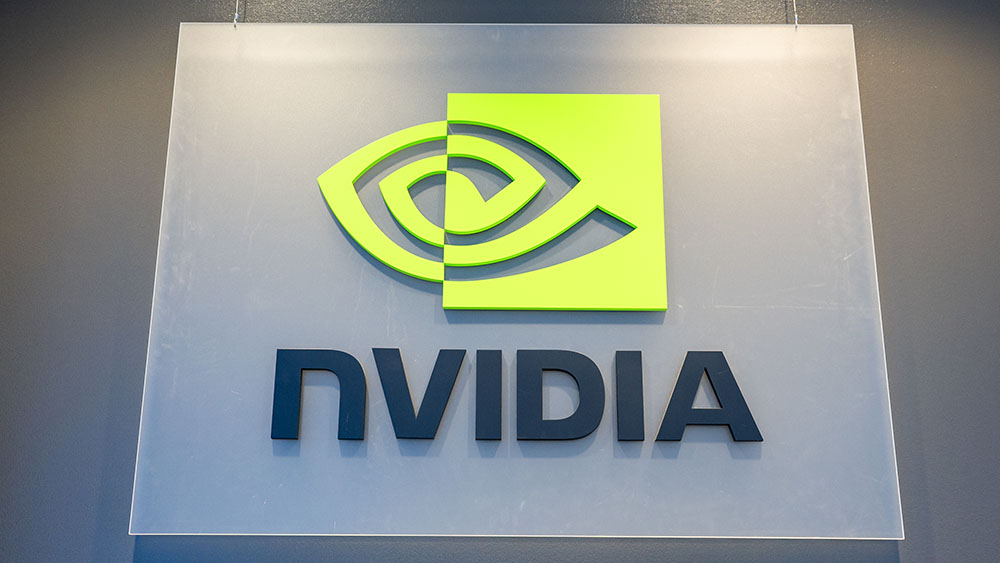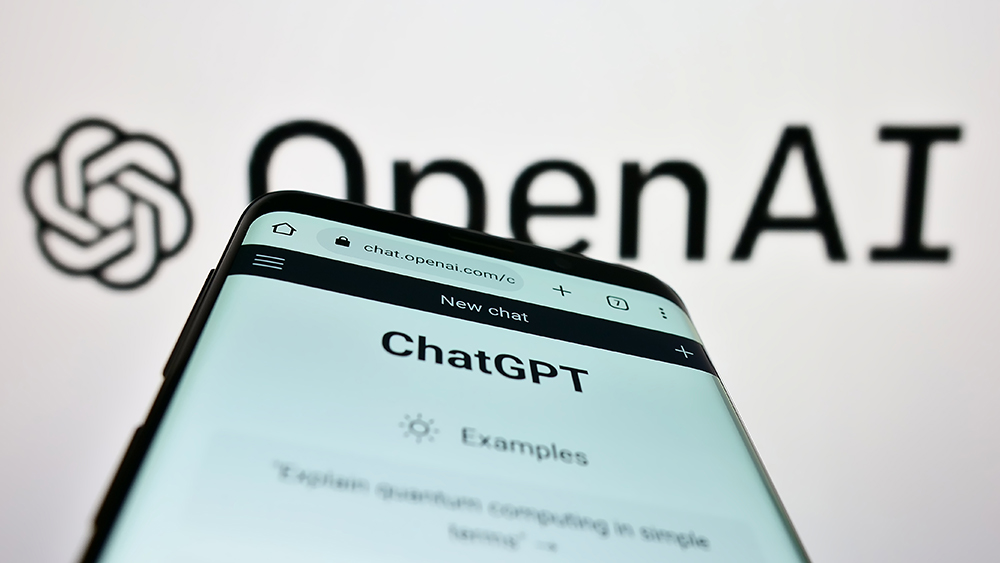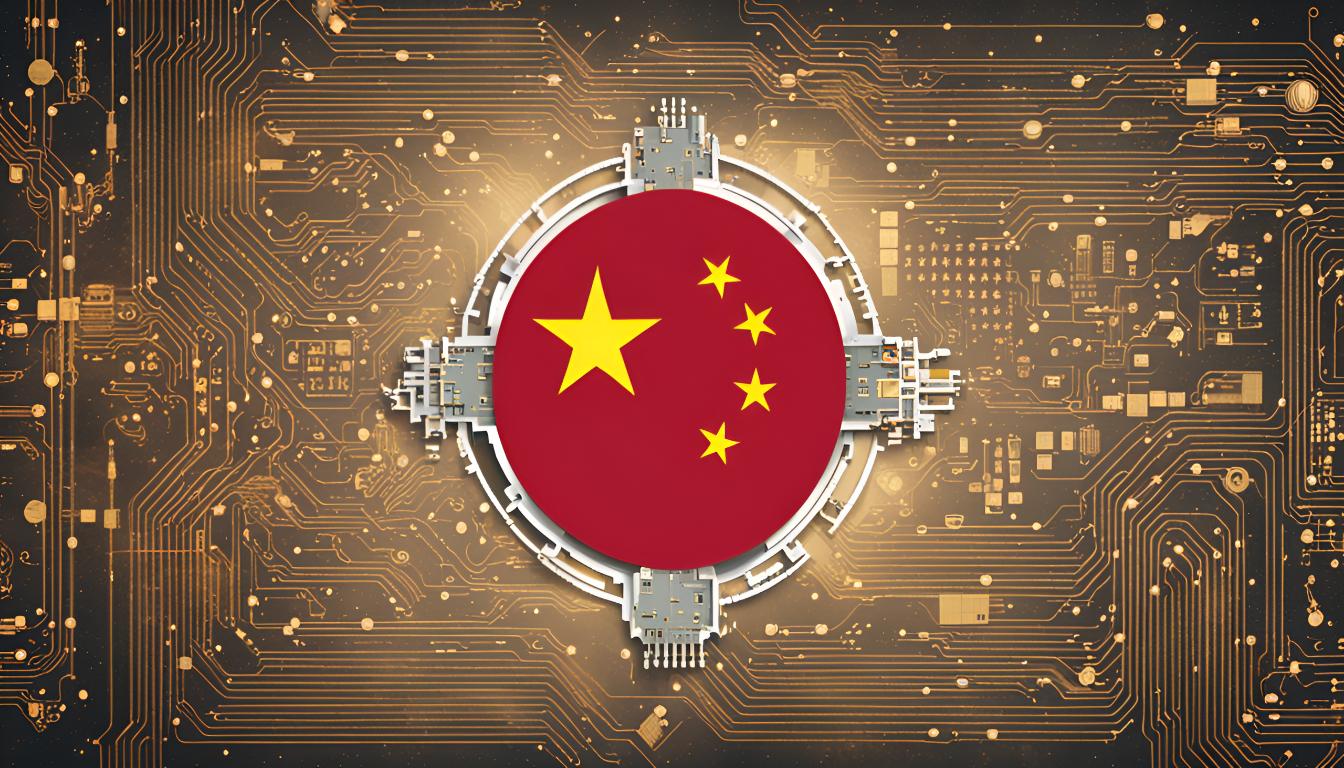Proton joins antitrust lawsuit against Apple, citing threats to competition and privacy
07/09/2025 / By Laura Harris
- Swiss privacy-focused company Proton has joined a federal lawsuit in California accusing Apple of abusing its control over iOS and the App Store to stifle competition and harm consumer privacy.
- The lawsuit alleges Apple maintains a monopoly over app distribution by blocking rivals, limiting consumer choice and forcing developers to use its in-app payment system.
- Proton urges the court to require Apple to allow competing app stores, provide equal visibility for alternatives, disable mandatory in-app payments and open access to APIs.
- Proton cites mounting global legal actions, including a $1.94 billion EU fine and investigations in South Korea, the U.K. and others, as proof of Apple’s widespread anti-competitive conduct.
- Framing the case as a fight for internet freedom and democracy, Proton argues that Apple’s practices empower authoritarian censorship and threaten the open digital ecosystem.
Apple is facing mounting legal pressure in the United States as Proton, a Swiss provider of encrypted email and VPN services, has joined an ongoing antitrust lawsuit, accusing the tech giant of monopolistic behavior that stifles competition and compromises consumer privacy.
The lawsuit, filed in the U.S. District Court for the Northern District of California, argues that Apple exploits its control over the iOS ecosystem and App Store to suppress rivals, restrict user choice and maintain a tight grip on digital distribution. The legal action calls for sweeping reforms to how Apple operates its mobile platform.
“We believe that Apple’s conduct, as detailed in the complaint we filed, constitutes further violations of U.S. antitrust law. Without this case, Apple could get away with behavior in the US that is already outlawed in the European Union. If this were to happen, American consumers and developers focused on the American market, would have to pay higher prices for fewer choices and be left at a disadvantage,” Proton wrote in the blog post published on Monday, June 30. (Related: U.S. plans to file antitrust case against Apple for unfairly rigging iPhone’s market dominance.)
In turn, Proton, known for its pro-privacy stance and encrypted communication tools, urges the court to compel Apple to open up iOS to competing app stores, provide visibility for those alternatives within the App Store, allow developers to disable Apple’s in-app purchase system and offer full access to the platform’s application programming interfaces (APIs).
“We don’t question Apple’s right to act on behalf of authoritarians for the sake of profit, but Apple’s monopoly over iOS app distribution means it can enforce this perverse policy on all app developers, forcing them to also be complicit. We believe it is critical for the future of the internet to end the monopoly on app distribution so that developers and companies who are prepared to fight for democracy can do so,” Proton added.
Apple faces escalating legal challenges over app store control from Europe to the U.S.
The case adds to a growing wave of global legal challenges targeting Apple’s App Store practices.
For instance, in the United States, the Department of Justice (DOJ), along with attorneys general from fifteen states, has filed a major antitrust lawsuit accusing Apple of monopolizing the smartphone market – claims that the company has denied while seeking to have the case dismissed.
It also echoes similar challenges Apple has faced abroad.
The European Commission recently fined the company €1.8 billion (approximately $1.94 billion) for abusing its dominant market position. Similarly, the European Union (EU), where new digital competition laws have already forced the company to make changes to its app store rules, also filed another lawsuit. Regulatory authorities in South Korea, the United Kingdom, Germany, France and India have also launched investigations or taken enforcement actions to curb Apple’s control over its app ecosystem.
Proton’s complaint cites these global efforts as further evidence that Apple’s behavior is widely recognized as anti-competitive, reinforcing the need for urgent regulatory and judicial intervention.
Visit BigTech.news for more stories related to this.
Watch the video below that talks about Apple’s total surveillance of all users.
This video is from the InfoWars channel on Brighteon.com.
More related stories:
Lawsuit: Apple, Google recording users without their knowledge.
Class action lawsuit filed against Apple over illicit data collection.
Sources include:
Submit a correction >>
Tagged Under:
antitrust, Apple, Big Tech, cyber war, deception, gadgets, Glitch, information technology, iOS, iPhone, lawsuit, monopoly, privacy watch, proton, tech giants, traitors, U.S.
This article may contain statements that reflect the opinion of the author
RECENT NEWS & ARTICLES
COPYRIGHT © 2017 BigTech.news
All content posted on this site is protected under Free Speech. BigTech.news is not responsible for content written by contributing authors. The information on this site is provided for educational and entertainment purposes only. It is not intended as a substitute for professional advice of any kind. BigTech.news assumes no responsibility for the use or misuse of this material. All trademarks, registered trademarks and service marks mentioned on this site are the property of their respective owners.



















